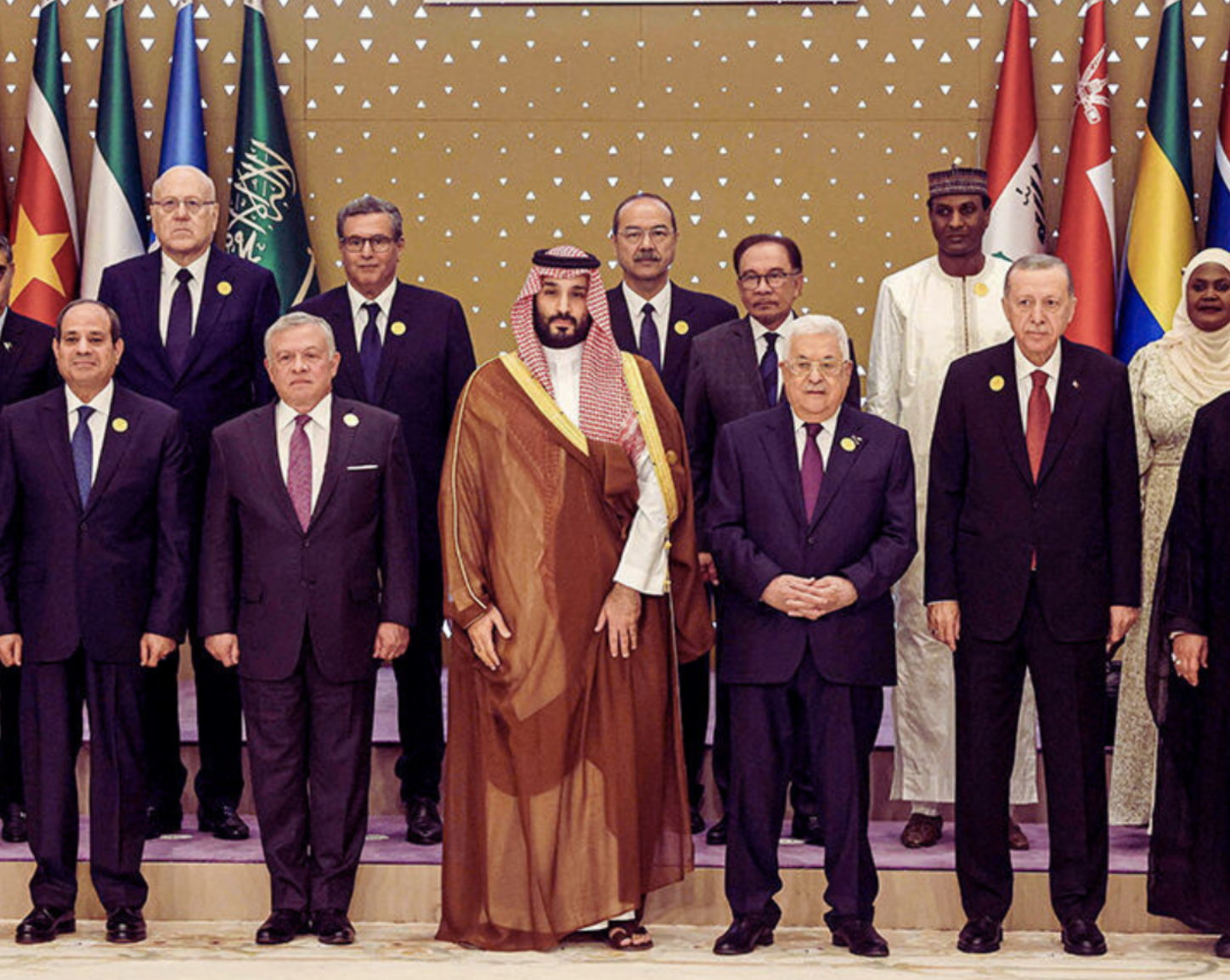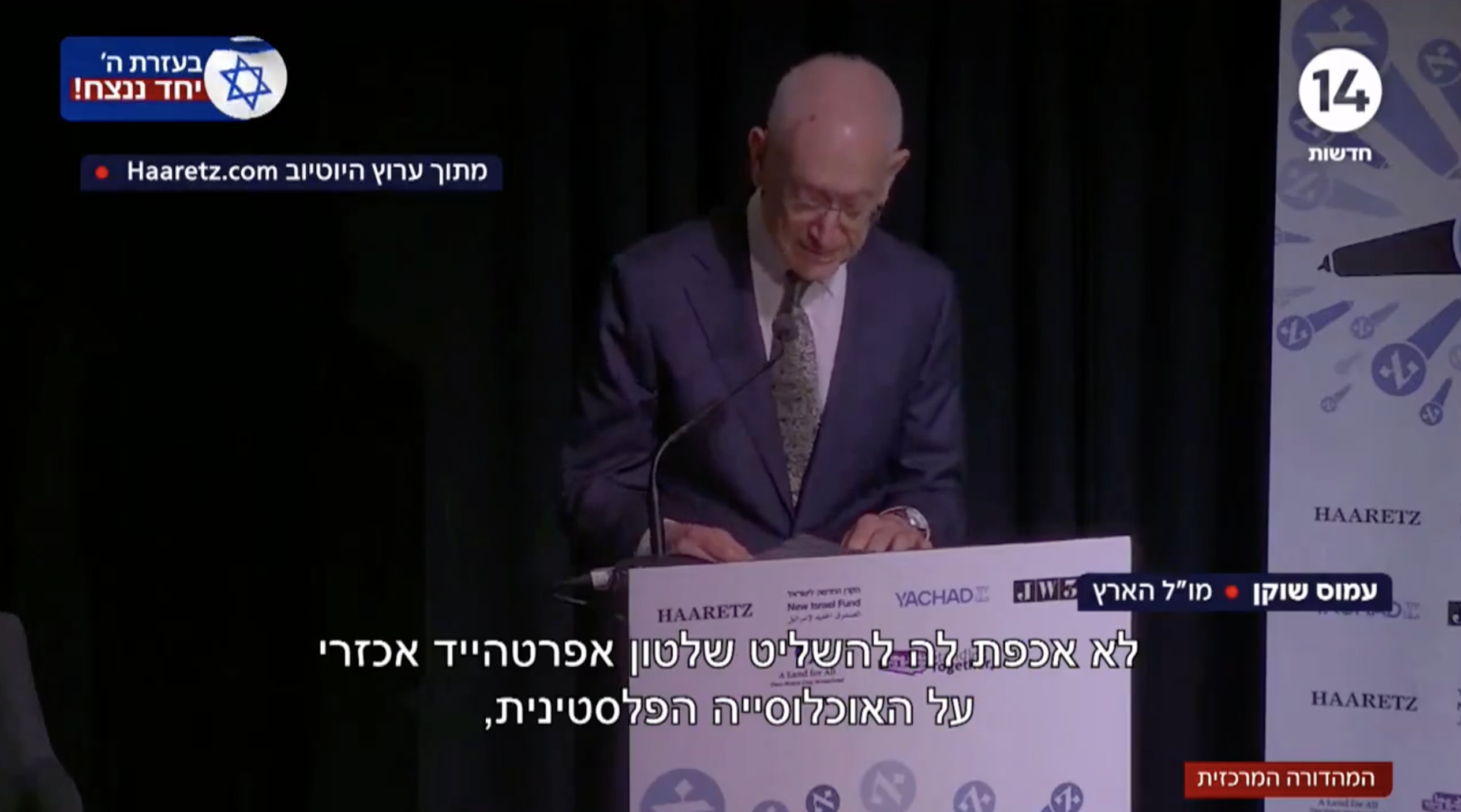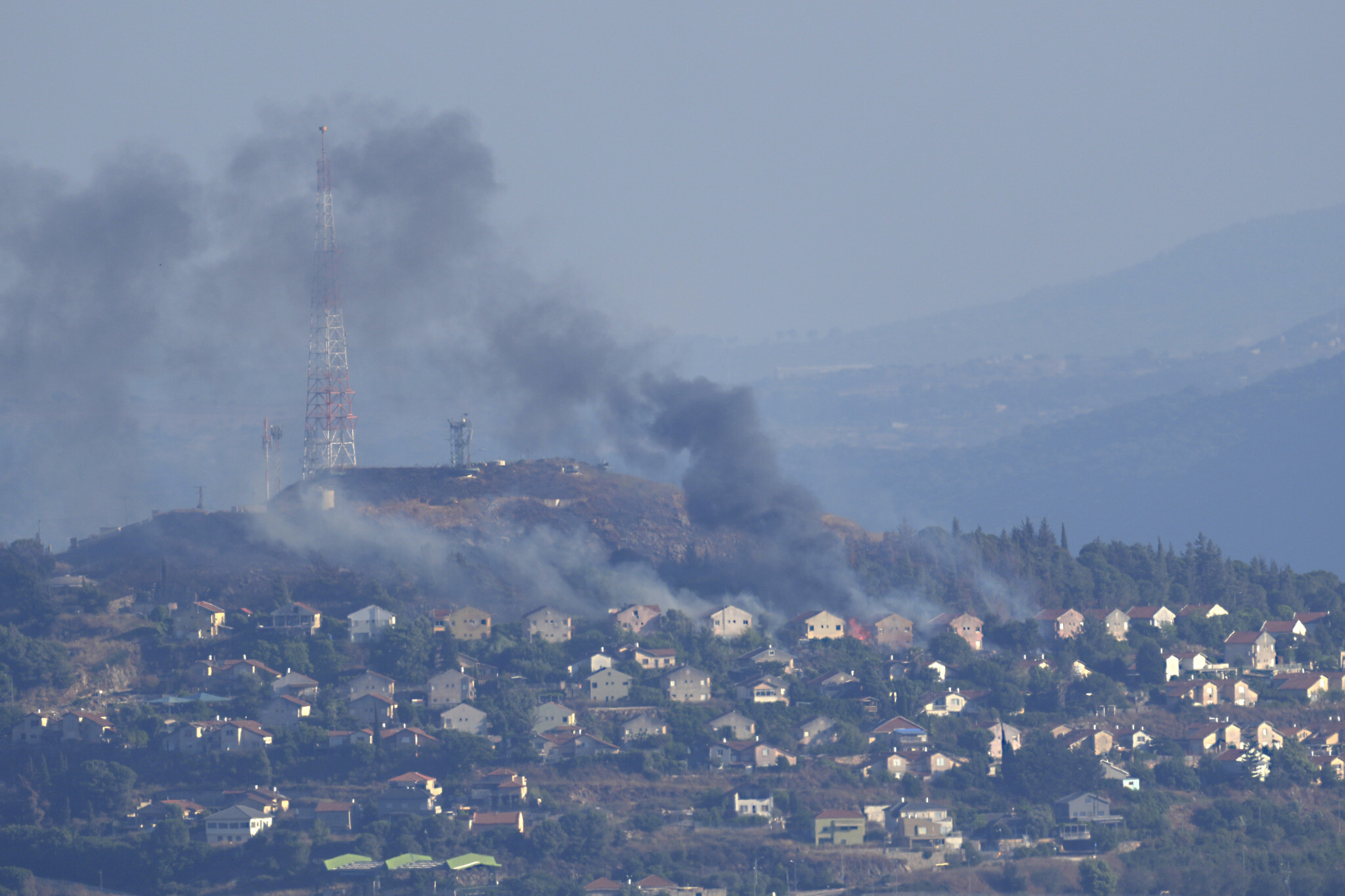Arab Regimes’ Tepid Responses Allow Israel to Escalate Without Deterrent
The ongoing conflict between Israel and its neighbors has seen mounting devastation, with over 41,000 Palestinians killed, most of them women and children. However, despite the brutal toll, the Arab regimes in the region have offered responses that many argue are weak and ineffective, leaving Israel unchecked in its aggressive tactics.
Lack of Strong Arab Deterrence
Iran, long seen as one of the primary challengers to Israel in the region, has softened its stance. President Masoud Pezeshkian emphasized Iran’s desire for peace, stating, “We want to live in peace, we don’t want war.” While he did condemn Israel’s actions, saying, “It is Israel that seeks to create this all-out conflict,” the message lacked the strength of a credible military threat, effectively sending the signal that Iran is unwilling to take direct action. He further emphasized a plea to prevent Lebanon from becoming another Gaza, implying that the fallout from Israeli military actions should be contained, rather than confronted.
In neighboring Jordan, Foreign Minister Ayman Safadi called for global intervention, accusing Israel of “aggression.” While urging the UN Security Council to intervene, Jordan’s reliance on external powers for mediation reflects the absence of a regional power willing to stand up militarily to Israel’s actions. This highlights a growing pattern among Arab regimes – diplomacy and rhetoric without forceful measures to counterbalance Israel’s military capabilities.
Egypt, historically a central player in regional conflicts with Israel, has similarly refrained from taking direct action. While expressing “solidarity” with Lebanon and calling for a ceasefire in Gaza, the Ministry of Foreign Affairs’ efforts are limited to urging the United Nations Security Council to intervene. The call for UN intervention has become a common refrain, but it often amounts to little more than symbolic gestures, as Israel continues to act without fear of real regional retaliation.
Regional Leaders’ Condemnations Fall Short
The situation is further compounded by Turkey’s fiery rhetoric but limited action. President Recep Tayyip Erdogan, known for his strong statements against Israel, compared Netanyahu to Hitler, urging an “alliance of humanity” to stop him. However, beyond condemning Israel and calling for punitive measures, Turkey has not marshaled the necessary support within the region or taken direct steps that would present a significant deterrent to Israel.
Meanwhile, Qatar, Saudi Arabia, and the United Arab Emirates, all key players in the region, have expressed concern and condemned Israeli aggression. Qatar’s Ministry of Foreign Affairs condemned Israel “in the strongest terms,” while Saudi Arabia’s Ministry of Foreign Affairs urged restraint and respect for Lebanon’s sovereignty. The UAE reiterated its stance against escalation, calling for dialogue and peaceful resolutions. However, these statements of concern lack the muscle to change the dynamics on the ground. Without the backing of military or economic consequences, Israel remains emboldened to continue its operations unchallenged.
Why Israel Continues Without Restraint
The pattern emerging across the Arab world is clear: the absence of a credible deterrent is allowing Israel to continue its barrage without restraint. The collective response from regional powers—while vocal—is insufficient to pose a real threat to Israeli military operations. Even as Hezbollah launched rockets targeting Israel’s Glilot military base and Mossad headquarters, the larger Arab response has been marked by calls for international mediation rather than direct involvement.
Turkey’s President Erdogan underscored this dynamic, noting that the United Nations Security Council resolutions regarding Israel are routinely ignored. Yet even his call for coercive measures lacks teeth without the backing of other regional actors willing to take meaningful steps.






Leave a Reply
You must be logged in to post a comment.